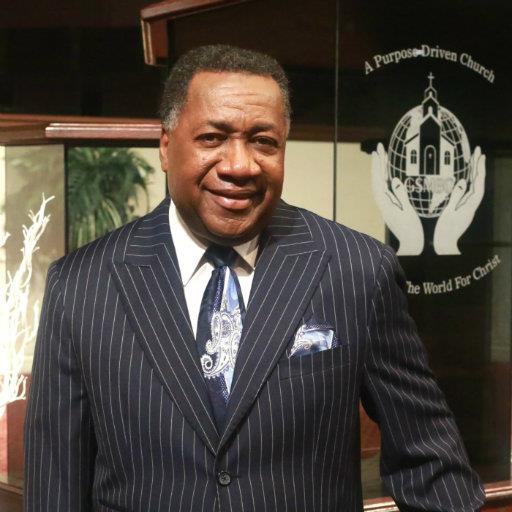February 23, 2024
The Call to Be a Neighbor
And a lawyer stood up and put Him to the test, saying, “Teacher, what shall I do to inherit eternal life?” And He said to him, “What is written in the Law? How does it read to you?” And he answered, “YOU SHALL LOVE THE LORD YOUR GOD WITH ALL YOUR HEART, AND WITH ALL YOUR SOUL, AND WITH ALL YOUR STRENGTH, AND WITH ALL YOUR MIND; AND YOUR NEIGHBOR AS YOURSELF.” And He said to him, “You have answered correctly; DO THIS AND YOU WILL LIVE.” But wishing to justify himself, he said to Jesus, “And who is my neighbor?” Jesus replied and said, “A man was going down from Jerusalem to Jericho, and fell among robbers, and they stripped him and beat him, and went away leaving him half dead. And by chance a priest was going down on that road, and when he saw him, he passed by on the other side. Likewise, a Levite also, when he came to the place and saw him, passed by on the other side. But a Samaritan, who was on a journey, came upon him; and when he saw him, he felt compassion, and came to him and bandaged up his wounds, pouring oil and wine on them; and he put him on his own beast, and brought him to an inn and took care of him. On the next day he took out two denarii and gave them to the innkeeper and said, ‘Take care of him; and whatever more you spend, when I return, I will repay you.’ Which of these three do you think proved to be a neighbor to the man who fell into the robbers' hands?” And he said, “The one who showed mercy toward him.” Then Jesus said to him, “Go and do the same.” Luke 10:25-37
If loved ones suffer, we want to relieve their burdens—to alleviate pain, meet needs, or right a wrong. But if helping family and close friends is sometimes complicated, taking action to assist strangers or people we don’t know well can be even trickier. However, the Parable of the Good Samaritan challenges us to do exactly that.
Placing ourselves in the story, it’s possible that most of us would not have stopped, even on a safer road than the treacherous route from Jerusalem to Jericho. Yet we see the Samaritan man specifically and deliberately risk his own safety to meet the needs of someone he’s never met. Similarly, each of us has many opportunities to extend God’s mercy in the same way—but we’ll notice only if our eyes are focused on the other person rather than on ourselves.
Think about it
- We often ignore the needs of others because we think someone else will help or assume it’s not our problem. Social psychologists call this phenomenon diffusion of responsibility. What are some things we can do—as individuals and churches—to extend mercy?
- Is there anyone you know who demonstrates mercy in day-to-day life? What can you learn from his or her example?
Listen to Dr. Michael W. Wesley Sr. on OnePlace.com
Watch Dr. Michael W. Wesley Sr. on LightSource.com





